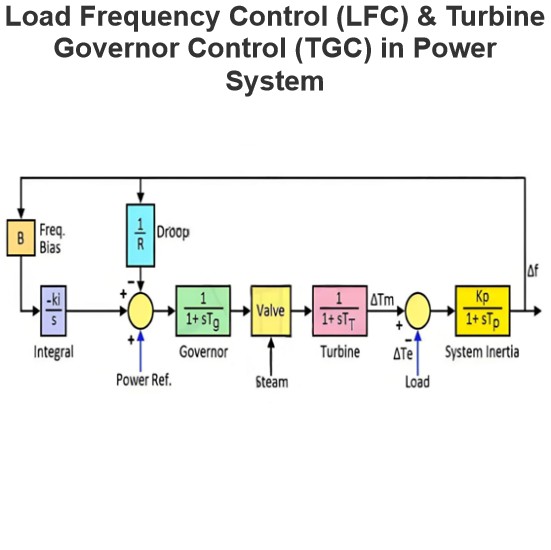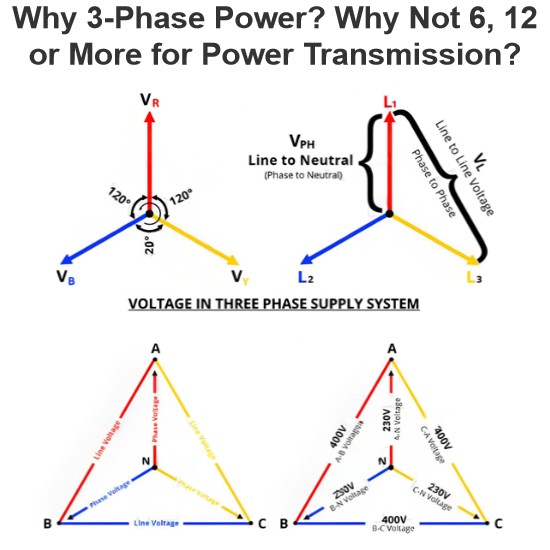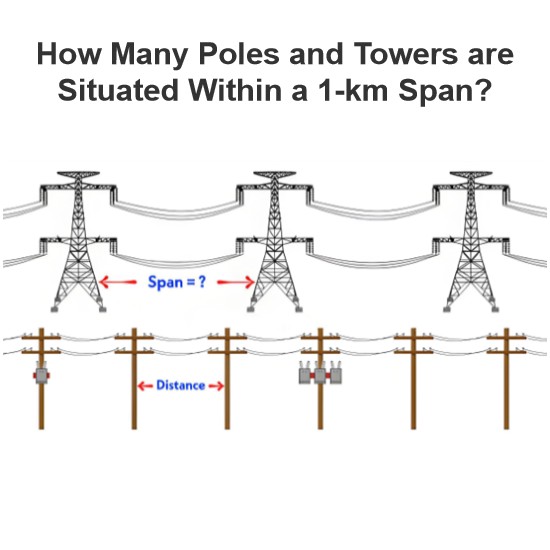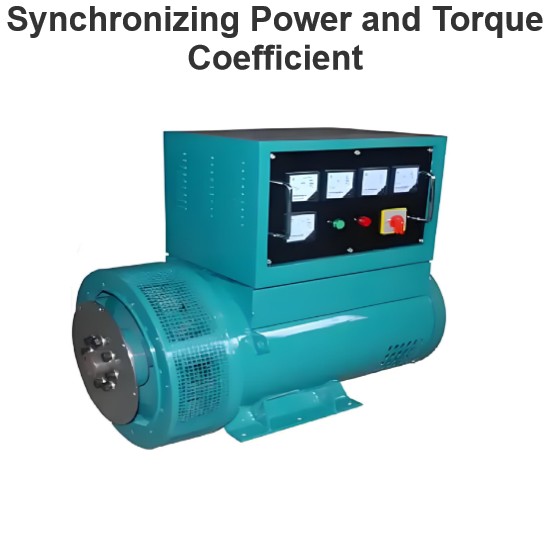How do capacitors improve the performance of industrial automation systems?
Capacitors are indispensable electronic components in industrial automation systems, enhancing system stability and efficiency by storing and releasing electrical energy. Below are key applications of capacitors in industrial automation and how they improve system performance:
1. Power Stabilization and Filtering
Function: Capacitors are used in power circuits to smooth out voltage fluctuations and reduce noise and interference in the power supply. In devices such as variable frequency drives (VFDs), PLCs (Programmable Logic Controllers), and servo drives, capacitors filter out high-frequency noise and transient voltage spikes, ensuring stable operation.
Performance Improvement:
Enhanced Power Quality: Capacitors absorb instantaneous voltage fluctuations, providing a more stable DC voltage and reducing equipment failures or misoperations caused by voltage variations.
Extended Equipment Life: By minimizing power noise and voltage spikes, capacitors protect sensitive electronic components from damage, extending the lifespan of the equipment.
2. Energy Buffering and Instantaneous Power Support
Function: In industrial automation systems, certain loads (such as motors and hydraulic pumps) may require large instantaneous current during startup or acceleration. Capacitors can provide a burst of energy in a short time, compensating for temporary power shortages and preventing grid voltage drops.
Performance Improvement:
Reduced Grid Impact: Capacitors supply instantaneous energy during load startup, reducing the impact on the power grid and maintaining grid stability.
Faster System Response: Capacitors can quickly release stored energy, helping the system respond faster to load changes, especially in applications with frequent start-stop cycles (e.g., automated production lines).
3. Reactive Power Compensation
Function: Many industrial devices (such as induction motors and transformers) generate reactive power, leading to a lower power factor and increased power losses. Capacitors can compensate for this loss by providing reactive power, improving the system's power factor.
Performance Improvement:
Improved Energy Efficiency: By compensating for reactive power, capacitors reduce the current demand on the power system, lowering line losses and saving energy.
Lower Electricity Costs: Many utility companies charge additional fees for low power factors. Using capacitors for reactive power compensation can avoid these penalties and reduce electricity bills.
Increased Equipment Capacity: Reactive power compensation frees up transformer and other power equipment capacity, allowing them to handle more active load and improving overall system efficiency.
4. Surge Protection
Function: Industrial environments often experience voltage surges (e.g., from lightning strikes or switching operations) that can damage sensitive electronic equipment. Capacitors can act as surge absorbers, absorbing and storing transient overvoltages to protect other system components.
Performance Improvement:
Enhanced System Reliability: Capacitors effectively prevent voltage surges from damaging control systems, sensors, communication modules, and other sensitive devices, ensuring system stability and reliability.
Reduced Maintenance Costs: By protecting critical equipment from surge damage, capacitors reduce the frequency of repairs and replacements, lowering maintenance costs.
5. Signal Conditioning and Coupling
Function: In industrial automation systems, capacitors are commonly used in signal conditioning circuits for coupling, decoupling, and filtering. For example, in analog signal transmission, capacitors remove DC bias, allowing only AC signals to pass. In digital communications, capacitors isolate different circuits' DC potential differences, preventing signal interference.
Performance Improvement:
Improved Signal Integrity: Capacitors filter out noise and interference from signals, ensuring accurate transmission and reducing mis-triggers or misoperations.
Enhanced Noise Immunity: By decoupling different circuits, capacitors isolate interference between modules, ensuring independent and stable operation.
6. Energy Storage and Backup Power
Function: In critical industrial automation systems, capacitors can serve as energy storage devices, providing short-term backup power. When the main power source fails, capacitors can quickly release stored energy, ensuring the system continues to operate for a short period until the main power is restored or switched to a backup source.
Performance Improvement:
Increased Fault Tolerance: Capacitors provide temporary power support during power outages, preventing production interruptions or data loss.
Safe Shutdown: In emergency situations, capacitors ensure the control system has enough energy to shut down safely, avoiding potential safety risks.
7. Harmonic Suppression
Function: Non-linear loads (such as VFDs and rectifiers) in industrial automation systems generate harmonic currents, causing distortion in the grid voltage waveform. Capacitors can be combined with inductors to form harmonic filters, suppressing harmonic currents and improving grid quality.
Performance Improvement:
Reduced Harmonic Pollution: By suppressing harmonic currents, capacitors help maintain stable grid voltage and reduce interference with other equipment.
Extended Equipment Life: Harmonic currents can cause overheating and insulation aging in equipment. The harmonic suppression function of capacitors extends the life of the equipment.
Summary
Capacitors play multiple roles in industrial automation systems, significantly enhancing their performance. Through functions such as power stabilization, filtering, energy buffering, reactive power compensation, surge protection, signal conditioning, energy storage, and harmonic suppression, capacitors not only improve system stability and reliability but also optimize energy efficiency, reduce maintenance costs, and extend equipment life. Therefore, selecting and applying capacitors appropriately is crucial for the efficient operation of industrial automation systems.
The Electricity Encyclopedia is dedicated to accelerating the dissemination and application of electricity knowledge and adding impetus to the development and innovation of the electricity industry.













